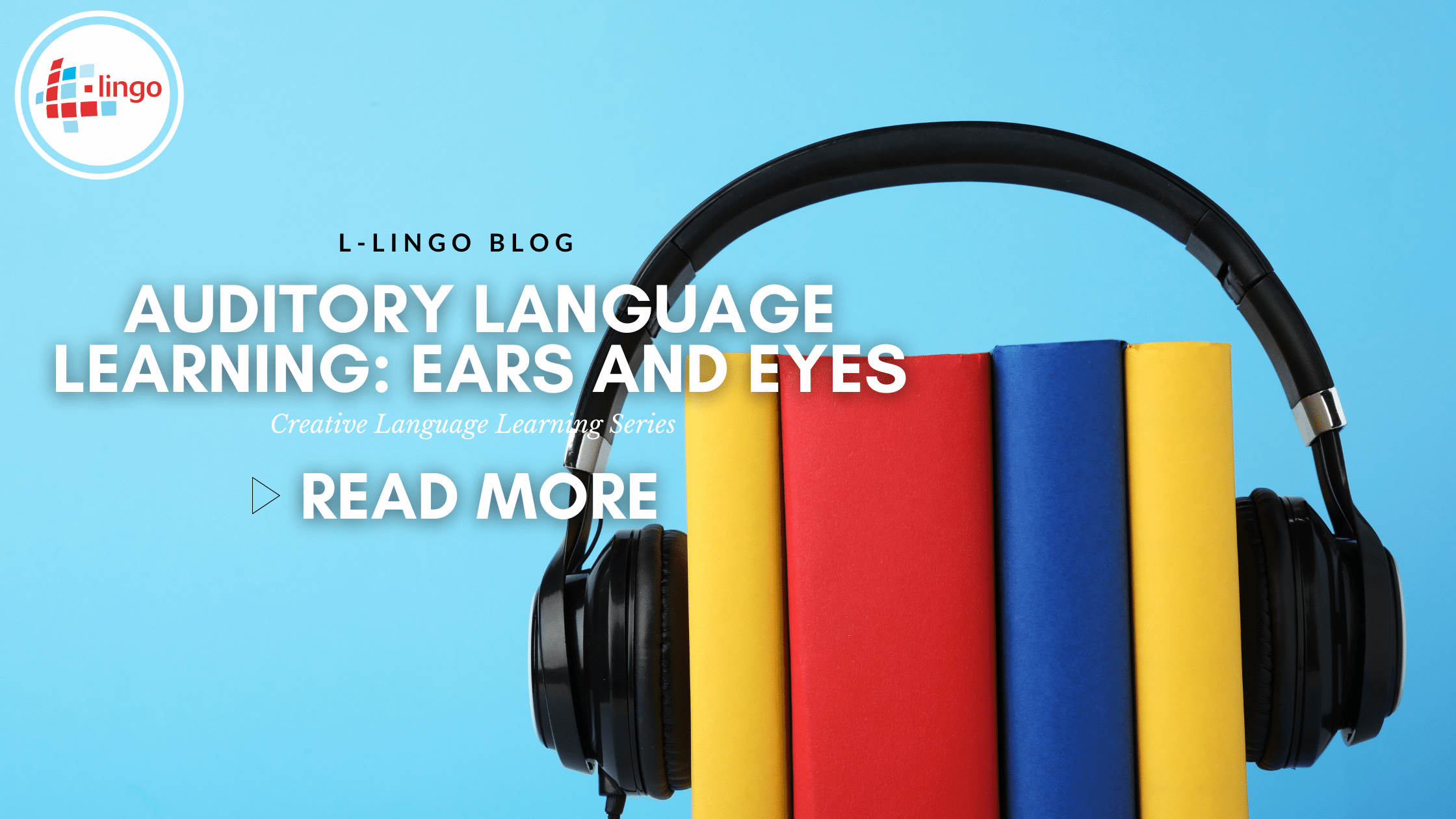What Does It Mean To Be Bilingual?
Unlike the complicated question, “What does it mean to be fluent?” This one is much easier to answer…to an extent. Being bilingual means that you have some degree of proficiency in two languages. This includes but is not limited to daily conversations, expressing emotions, engaging in debates, and being able to use and understand core concepts. Becoming bilingual is the first step to becoming multilingual. It’s a significant stepping stone, and successfully mastering the ability to flip between two languages on a whim’s notice is a big deal. We’ve already covered multiple topics on how to learn your target language more effectively, so in this article, we’ll be discussing five signs of bilingualism.
Sign 1 Of Bilingualism: Dreaming In Your Target Language
This can happen even in the beginner levels of language learning, but it’s rare. And even if it does happen, then the language produced in the dream will often not make coherent sense. Now, if this happens when you’re further along in your language learning journey, then you’ve made huge leaps.
We often dream about the things that we are most engaged in in daily life. When a language enters your subconscious train of thought, it has begun to make itself part of your linguistic structure. For instance, if you have a dream in Portuguese, the same as if you would have one in your native language, then buddy have I got news for you! You’re either bilingual or on the right path to becoming so.

Sign 2 of Bilingualism: Forgetting Words In Your Native Language
This feature is bilingualism is a kind of slow torture that eats away at your mind. You begin to forget words in your native language when you start to make space for associating new information in your target language. This can especially happen if you’ve been living in your target destination using the language for a long time.
Eventually, your brain will prioritize your target language and push everything else (AKA, your native language) to the back of your head. So when it’s time to recall a word in your native language, the first thing you remember is the word in your target language instead.
Watch out for this one. It’ll sneak up on you before you have the chance to say… ugggh, what was that word again?

Sign 3 of Bilingualism: Memories Only Exist In One Language
This point isn’t saying that you’ve entirely forgotten memories, but rather that you only remember them happening in one language. For example, remember that time you went to the ice cream store, and the guy asked you what flavor you wanted, and you responded: “I’ll try anything?” But only except that it didn’t quite go down like that.
What really happened was that you walked in there and said:
“Osusume wa nan desu ka?”
To which the guy responded, “Zenbu.”
Translation 🇯🇵:
What do you recommend?
All of it!
Once you’ve built up a reputable career with your target language, there will be times when you substitute entirely out of your native language to build more fond memories. And most of the time, you will do this subconsciously without realizing it. You don’t form a memory until the memory is already over.

Sign 4 of Bilingualism: Your Native Language Starts To Sound Strange
Have you ever had one of those moments when you encounter a word and think to yourself, “why does that sound so strange?” I’ll give you a weird example. The other day I was trying to remember the word for stabilize in English (my native language); after I finally remembered it, I asked myself self “Why does the word end in “bilize,” isn’t that strange?” Language is sound, so if you’re studying another language, then those sounds can change your perception of how the phonetic structure of certain words.

Sign 5 of Bilingualism: The Word Bilingual Doesn’t Cross Your Mind
After a certain point where you’ve begun to use your target language so frequently, you’ll end up forgetting bilingualism is even a real thing. Which I kind of know contradicts the purpose of this whole article, but think about it for a minute. Do master chefs consider themselves master chefs? Or do other people consider them master chefs?
Applying this logic to language learning, you may receive compliments on your language ability even when you think you’re just a regular, non-special, non-fluent language learner. All in all, if becoming a polyglot is your end goal, let bilingualism be the first stepping stone. Heck, maybe some of you have already been convinced of your bilingualism having read this article.

The Seeds And Merits Of Bilingualism
Unlocking a new language is like unlocking a new superpower. Imagine life as a video game and your charisma goes up by +5 every time you learn a new language. Learning to tap into another system of communication is freaking impressive and reaps an entire field of rewards. I can confidently say that there is no logical argument as to why being bilingual is negative. However, don’t let bilingualism be your final milestone in your journey. There is always more to learn, regardless of your target language choice.
Have you experienced these signs of bilingualism? Let us know in the comments, we’d love to hear about your language learning experiences and your journey to achieving bilingualism, or just multilingualism in general.




